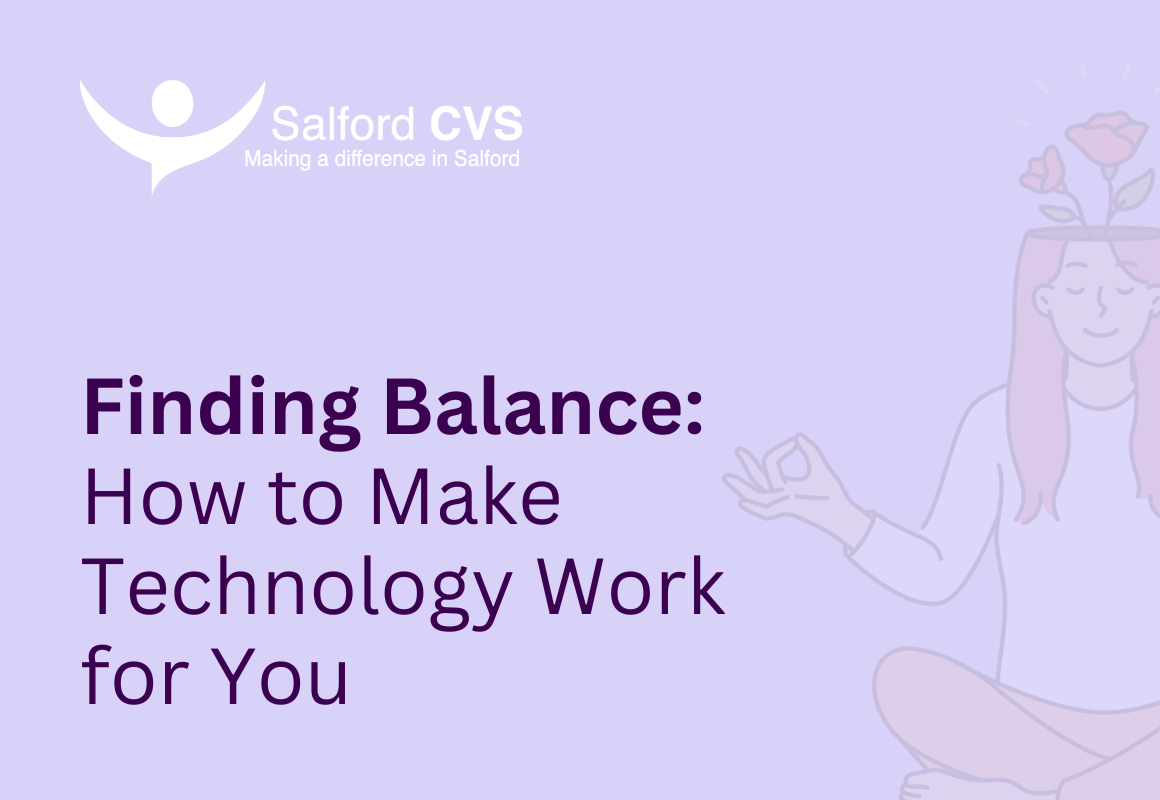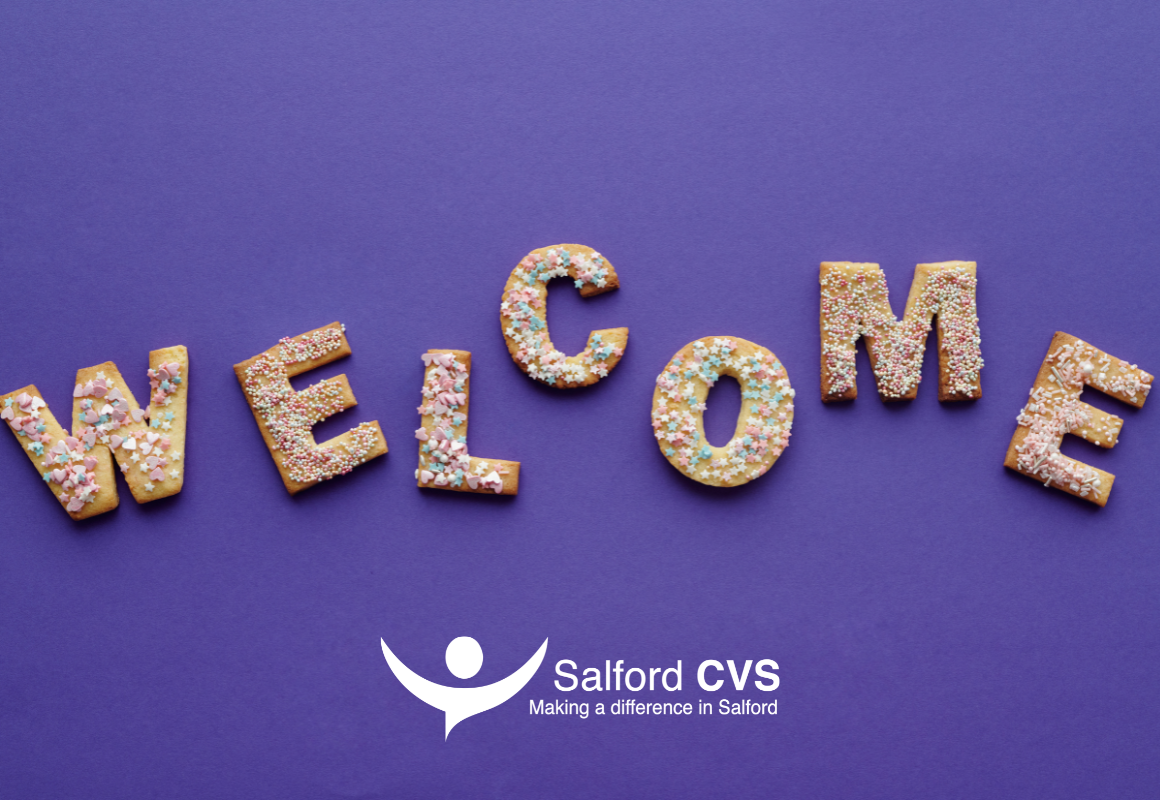Finding Balance: How to make technology work for you

Do you struggle to focus on work? Do you often feel overwhelmed? Are you constantly distracted by notifications? In our fast-paced world, technology can feel like a double-edged sword. While it offers us incredible tools and conveniences, it can also become a source of constant distraction and stress. However, I’ve found there are some simple strategies, that can turn technology into an ally rather than a tyrant. Here are some tips to help you reclaim control and improve your wellbeing.
1. Set Boundaries with Your Devices
One of the most effective ways to manage technology is by setting boundaries. For example, during meetings or focused work sessions, put your phone on silent and disable Outlook email popups or notifications. This simple step can significantly reduce interruptions and help you stay focused. Instead, schedule specific times to check your emails, messages and social media, so you're not constantly breaking your concentration.
2. Embrace the Power of Silence
While some people thrive in complete silence, others find it challenging. If you fall into the latter category, why not use background sounds to create a conducive work environment? Some people can work with music in the background, but some other's music can be distracting. An option can be using apps like 'Calm' which offer soundscapes such as rain or ocean waves, which can help mask distractions and improve focus. In addition, YouTube, Spotify and BBC Sounds can also offer ambient sounds. This can be particularly good if you, like me, suffer from tinnitus, as background sounds can help you tune out the ringing in your ears.
3. Try the Pomodoro Technique
The Pomodoro Technique is a time management technique that involves working in 25-minute intervals, followed by a 5-minute break. This approach can help you maintain focus and prevent burnout. After completing a few cycles, take a longer break to recharge. This rhythm of work and rest can boost productivity and keep your mind fresh.
4. Take Regular Breaks
It's important to give yourself mini-breaks throughout the day. After completing a task, take a moment to stretch, grab a drink, or walk around. These short breaks can help you process what you've just done and prepare for the next task. Regular movement is also key to your physical health, preventing eye strain and back pain.
5. Understand Your Natural Rhythms
Everyone has peak times of the day when they are most productive. Identify whether you're a morning person or are more productive in the afternoons. If you can, schedule your most demanding tasks during these periods to make the most of your natural energy levels. During low-energy times, focus on less demanding activities like checking emails, doing timesheets or processing straightforward tasks.
6. Plan Your Time Wisely
Effective time management involves planning and prioritising your tasks. By scheduling specific times for different activities, you can avoid the tyranny of constant notifications and fragmented attention. This approach not only improves your productivity but also supports your mental health by reducing feelings of overwhelm and stress.
Final Words
Taking control of your technology can create a more balanced, productive, and fulfilling work life. Remember, the goal is not about removing technology but to make it work for you. With a little planning, you can enjoy the benefits of technology without letting it dominate your life and protect your mental wellbeing.
Applying for a Salford CVS grant for the first time?

Applying for a Salford CVS grant for the first time?
If this is your first time hearing about, working with, or applying for a grant through Salford CVS, welcome! We’ve existed as a community support function in Salford and Greater Manchester for over 100 years, and hope to be supporting people across the borough and beyond plenty more. As the years roll on, our function has shaped and changed as the needs of people, the VCSE (voluntary, community, and social enterprise) sector, and local authorities have changed.
That is probably what has brought you to us today, perhaps via the GMCA Inspire Fund or the Salford Creatives Fund.
What do we do?
At Salford CVS, our grants team manage or administer around 35-40 different funds a year, all from different commissioners, ranging from the NHS, GMCA, Salford City Council to large charitable trusts such as The Albert Gubay Foundation. These funds and funders all have different priorities, communities to support, or needs.
Who are the Grants team?
Throughout the lifecycle of a grant, you will meet and work with the whole grants team. We’re a small and busy but friendly team, here to support you or your organisation every step of the way.
Visit our Meet the Team page here to see the faces behind the guidance, emails, and phone calls!
What do we ask from our applicants and why?
As standard across our grants, we ask applicants to fill out a written application form.
We ask for:
Contact details – For VCSE grants, this is usually two different contacts so that we can communicate with your organisation in the event that you’re not available. If you’re applying as an individual, the number and email that you use regularly for work is best.
Organisation or further details about you – As we manage public money, we have to make sure that we’re awarding grants to eligible applicants, meaning that you are an active group or individual, set up and constituted appropriately. If you’re applying as an individual creative, we ask for social media or links to verify that you are who you say you are!
Bank details or a bank statement – Without these your application may not be eligible as we need this information to process your payment in line with our schedule. We don’t need or want to see transactions or balances, we just need your name, sort code, and account number to verify who you are and to make sure the money is going to the right place.
Where you are and what you’re doing – We want to make sure we’re supporting people from across communities, areas of Salford or Greater Manchester, and fund a range of activities or art forms. Contacting us pre-application will give you an opportunity to make sure you’re aligning with these priorities.
Feedback and monitoring – If you are awarded a grant, a few months down the line we will ask you to fill in a written form or provide feedback on the impact that the funding had on you or your organisation. We ask for this firstly to be able to reflect on the grant and celebrate your successes. Secondly, we are obliged to report up to our commissioners, and can’t do this without you telling us! Reporting back to e.g. the local authorities shows them and our senior management the great work that is taking place across Salford or Greater Manchester, and the impact of their funding on their people. We also use feedback to shape future grants and support you with any challenges.
Visit our impact page for some examples of reports we produce.
What makes a successful application?
- Get in touch with the Grants Team. Every fund has a dedicated Grants Development Worker who can help and advise you when you’re writing your application, and a Grants Administrator who will process your application and support with enquiries and updates. We are here to help and chatting with us will give you the best chance when your application is being assessed. We can meet with you in the community, at our office in Eccles, support on Teams or the phone, or via email.
- Read the guidance. We write the guidance in conversation with our commissioners, and we try and make it as clear and as useful as possible. In the guidance you can find top tips and how to answer every question to support you to make your application the strongest it can be.
Answer honestly and simply. We don’t need you to use big words or long sentences. The simpler the better! Our panel representatives are busy people with lots of applications to read and we just want to know about you, from your authentic voice. As AI is developed, it can be a useful tool to help you write, however make sure that we can still hear your voice, in your own words.
Read Top Tips and Thoughts from a funding panel member blog here.
We regularly review our grants and how we work, so if you have any feedback on our forms, processes, or communication, email grants@salfordcvs.co.uk with the subject line ‘Feedback’.
Visit our live grants page to see if there are any grants that are suitable for you, and get in touch to discuss your application or ideas.
Sign up for our e-bulletin to keep up to date with new opportunities.
We look forward to supporting you!